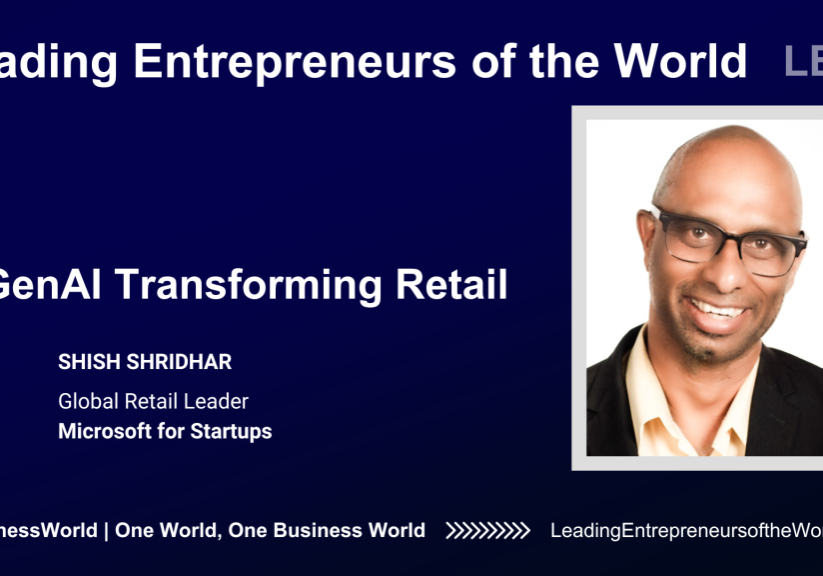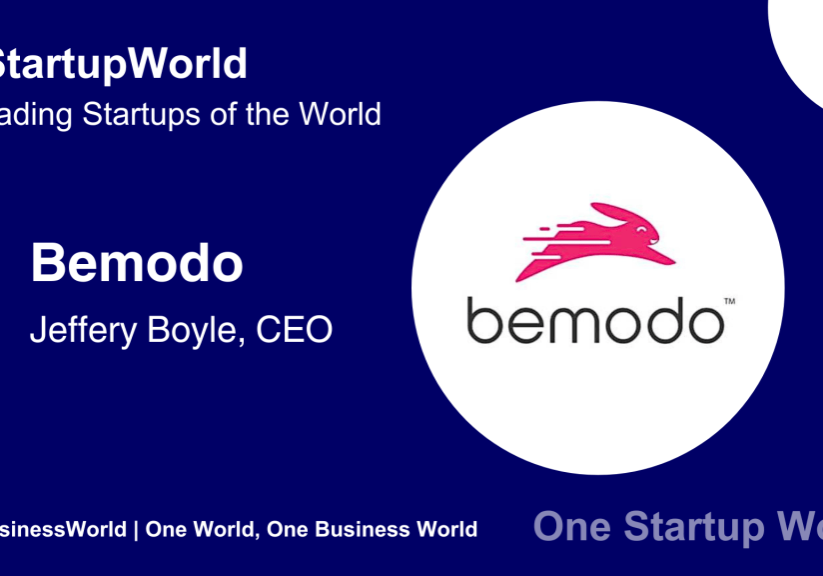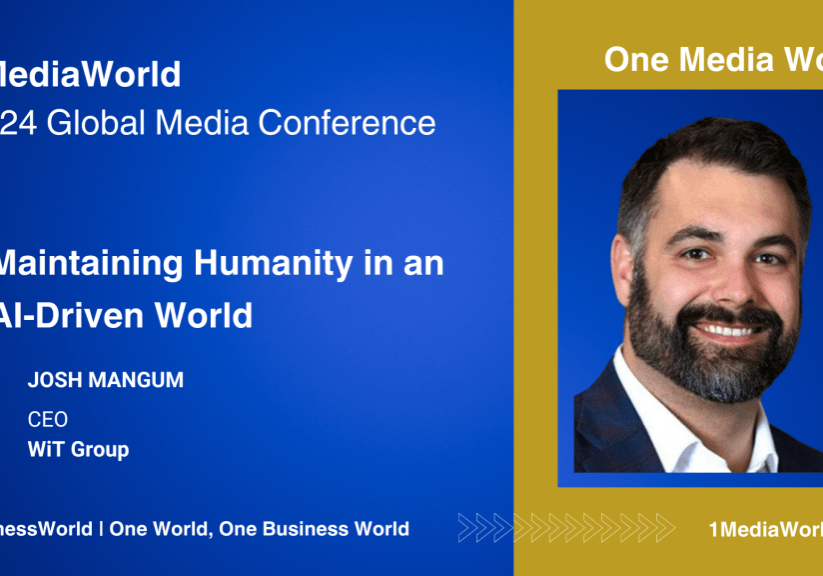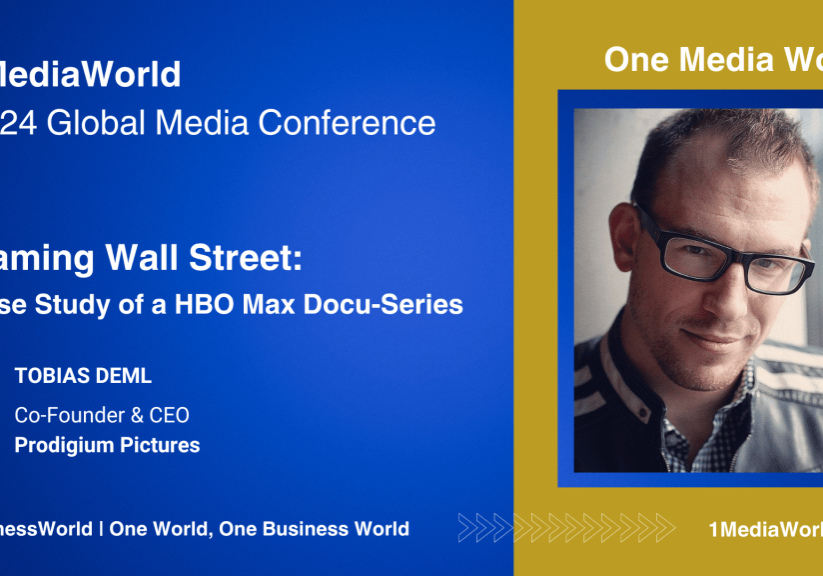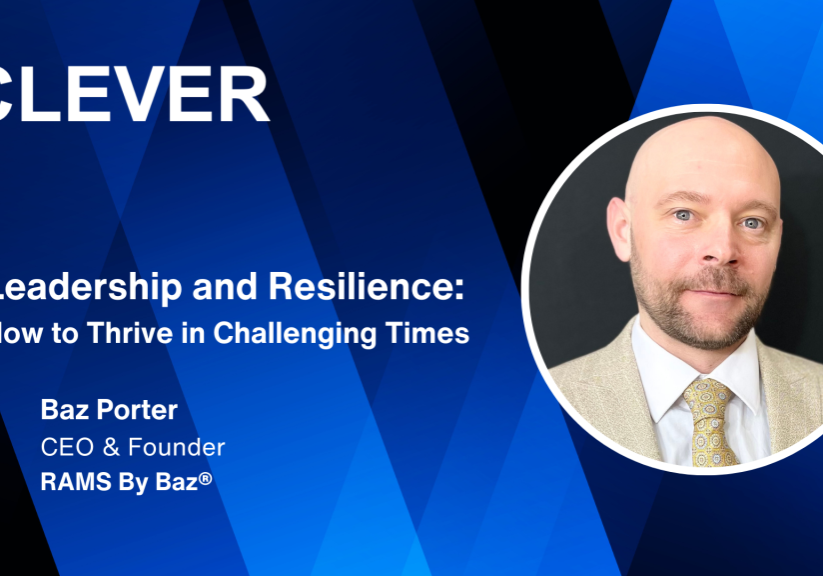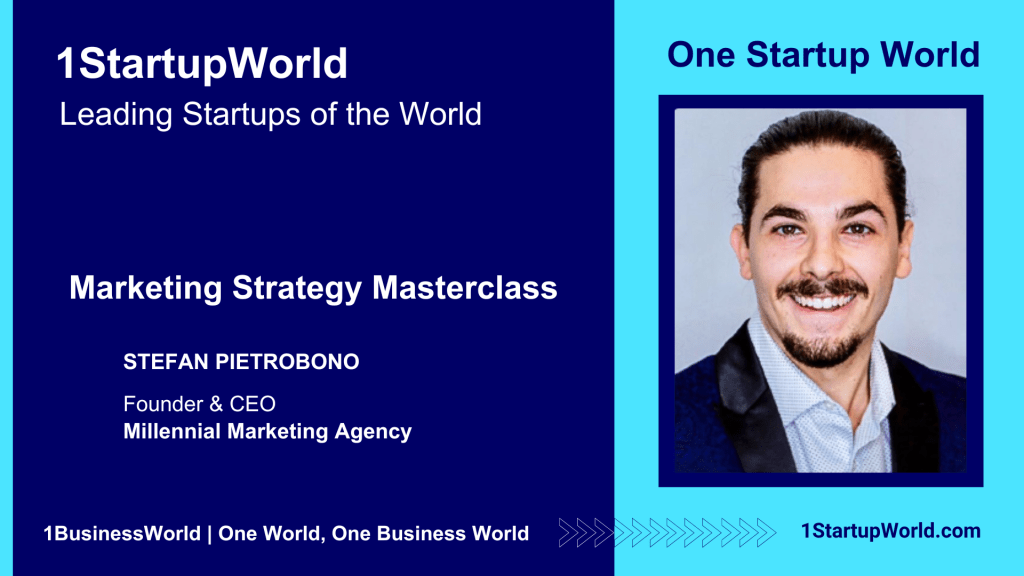
Mars, the company behind M&M’s and Snickers, is acquiring the maker of Kind bars, the snacks that celebrate their lack of artificial flavors and preservatives, company executives told The New York Times in an interview.
The deal for Kind North America comes three years after Mars, a privately held giant in the candy industry, took a minority stake in the company. Terms were not formally announced, but people with knowledge of the deal said it valued Kind at about $5 billion.
Kind, which was founded by Daniel Lubetzky in 2005, sells bars in flavors like Cranberry Almond and Dark Chocolate and emphasizes clear packaging and simple ingredients. A deal with Starbucks in 2009 helped it expand in the crowded snack market. It now also offers granola, cereal and other products.
The deal is a bet on the durability of the healthy snacking industry, as Mars looks beyond its long-established brands like Twix and Skittles. Mr. Lubetzky said the sale would allow Kind to take a longer view and continue to consider new products, geographic expansion and, likely, acquisitions.
“We don’t need to worry about getting a return in 2021,” said Mr. Lubetzky. “We can think about investments that make sense for two, three, five, 10 years out.”
Mr. Lubetzky said he would stay involved in the company and retain a stake in Kind. Mr. Lubetzky, a Mexican-American entrepreneur, has made social change a key part of the company’s mission. Among his philanthropic endeavors is The Kind Foundation, which earlier this year helped give frontline workers goods like food and skin care products as they battled the pandemic.
For Mars, the deal comes as the company is planning for a future beyond its candies. One of the country’s largest private companies, Mars also owns several pet-food brands, including Iams, Pedigree and Royal Canin. It has also made big investments in the pet care industry, buying in the last few years the veterinary company VCA Inc for $7.7 billion, and Europe’s AniCura, a chain of animal clinics and hospitals.
When Mars purchased a minority stake in Kind in 2017, valuing the company at $4 billion, it was looking to catch a wildly popular snack brand that offered a healthy alternative to chocolate bars, while Kind was attracted to Mars’s international foothold. Since then, of course, the pandemic has changed how people shop for food and eat, and how companies pitch new products. Sales at Kind initially jumped when the pandemic began, Mr. Lubetzky said, as the homebound stocked up on snacks like its bars and the company benefited from a strong online presence.
But snacks are under pressure, as corporate cafeterias, airports and coffee shops still have little or no business. It has also become harder for food companies to introduce new products because supermarkets are limiting shelves to those items they know will be popular.
In-person samples, a traditional way to bring a new product to the marketplace, have become a health risk.
“It is challenging in the year of Covid to introduce new items across the world,” said Mr. Lubetzky “Kind is gaining a lot of traction globally, but it’s just taking longer than we would have liked.”
That backdrop, at least in the short term, has reversed trends that looked to threaten stalwart food brands like General Mills, Kellogg and Campbell Soup, which have seen sales grow during the pandemic. The largest food companies in the United States have for years struggled to compete against the innovation driven by newer niche brands that first infiltrated Whole Foods and later seeped into traditional grocers like Kroger and Costco.
“I very much believe that disruptive brands have a very long future — just less so in 2020 and 2021,” said Mr. Lubetzky.
Still, Kind’s sales have risen from roughly $1 billion at the end of 2017 to about $1.5 billion today, Mr. Lubetzky said. It has expanded its reach from five countries to 35, including China, Germany and France, and its range of products has expanded and includes frozen items, leaning on Mars’s technology to create dairy-free frozen treat bars.
“When we began this partnership, I said it was one built on mutual admiration and a shared vision for growth,” said the Mars chief executive, Grant Reid, in a statement. “After three years, you can see the impact, as together we have grown the healthy-snacking category.”



